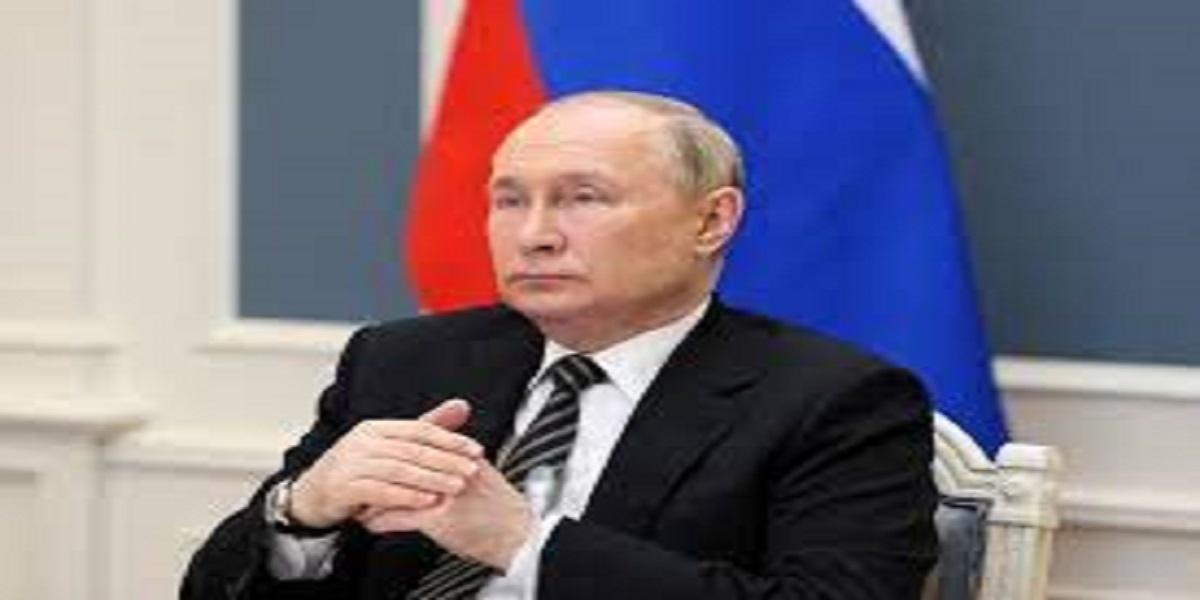Sissi Moberg, a Finnish entrepreneur, found herself exploring the internet for courses that may teach her skills to assist protect Finland in the event of a military attack just days after Russia attacked Ukraine on February 24.
“I was heartbroken for the Ukrainians. Then I started to be concerned about Finland and wondered what I could do about it “Reuters spoke with the 46-year-old mother of four.
Within weeks, Moberg was enrolled in a reservist-only training where he learned how to wield a gun and move on a battlefield.
The conflict in Ukraine has alarmed Finland, which shares a 1,300-kilometer (810-mile) border with Russia and fought two wars against the Soviet Union during WWII, losing a tenth of its territory.
[embedpost slug=”/russia-puts-investigative-journalist-on-wanted-list/”]
Finland asked for membership in the NATO military alliance this month, spurred on by the invasion, breaking with decades of domestic defence and security policy.Since February, interest for Finland’s Women’s National Emergency Preparedness Association’s courses has increased dramatically.
“Our phones started ringing and emails started flowing in just after the battle broke out… and of course, the need for training increased,” said Suvi Aksela, the association’s communications director.
The tendency is in line with Finland’s long history of wartime volunteerism among women, who, unlike men, are not obligated to serve in the military.
According to military figures, women make up about 19 percent of Finland’s 13,000 professional military personnel, but just 1-2 p
TRAINING FOR SURVIVAL
Last week, Moberg returned to a military installation in Hattula, 100 kilometres outside Helsinki, for a survival training session organised by the Women’s Preparedness Association.
She and more than 300 other women learned how to set a camp, build a fire in the rain, navigate through the forest, and provide first aid over the course of three days.
“I’m one of the last persons my loved ones would anticipate to participate in courses like this since I’ve always been a princess, a bit of a snob,” Moberg said.
According to the Women’s Preparedness Association, a volunteer group that provides annual training sessions for civilian women on skills needed in disaster scenarios, another 500 women were on the waiting list. It receives some government financing and can train with military facilities and equipment.
Moberg is not alone in her fears or desire to assist in the defence of Finland. According to a poll released by the defence ministry last month, 85 percent of Finns now believe Russia is posing a security threat to Finland, up from 34% in 2007.
In the same study, 83 percent of Finns believe they should take up arms if their country is attacked militarily, even if the outcome is uncertain.
“The will to defend our nation is quite strong in Finland,” said Satu Miettinen, a volunteer on the course who was reared by her grandmother, a World War II volunteer.She taught Miettinen, as well as many other Finns, that Russia could attack Finland again.
“As a result of that, I’ve always had that suspicion,” the 36-year-old explained.
Moberg said she’ll take more preparedness training to be better prepared for a crisis, whether it’s a huge nuclear plant accident or a natural disaster.
“Courage isn’t about not being terrified; it’s about acting despite it,” she explained.




















